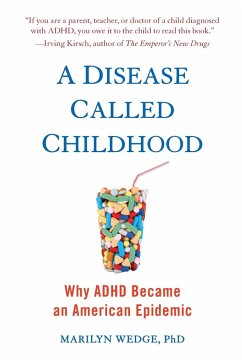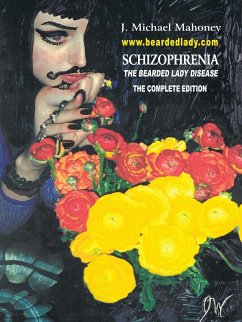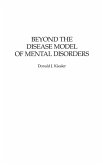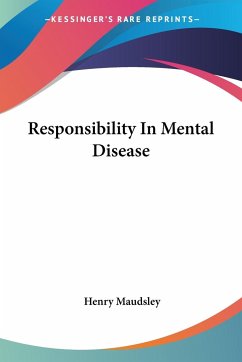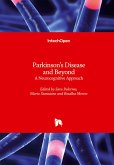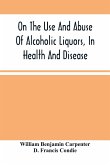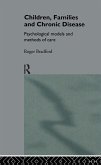A family therapist offers a surprising new look at the rise of ADHD in America, arguing for a better paradigm for diagnosing and treating our children. Since 1987, the number of American children diagnosed with ADHD has jumped from 3 to 11 percent. Meanwhile, ADHD rates remain relatively low in other countries such as France, Finland, the UK, and Japan, where the number of children diagnosed with and medicated for ADHD is 1 percent or less. Alarmed by this trend, family therapist Marilyn Wedge set out to understand how ADHD became an American epidemic-and to find out whether there are alternative treatments to powerful prescription drugs. In A Disease Called Childhood, Wedge examines the factors that have created a generation addicted to stimulant drugs. Instead of focusing only on treating symptoms, she looks at the various potential causes of hyperactivity and inattention in children, and behavioral and environmental-as opposed to strictly biological-treatments that have been proven to help. In the process, Wedge offers a new paradigm for child mental health-and a better, happier, and less medicated future for American children.
Bitte wählen Sie Ihr Anliegen aus.
Rechnungen
Retourenschein anfordern
Bestellstatus
Storno

